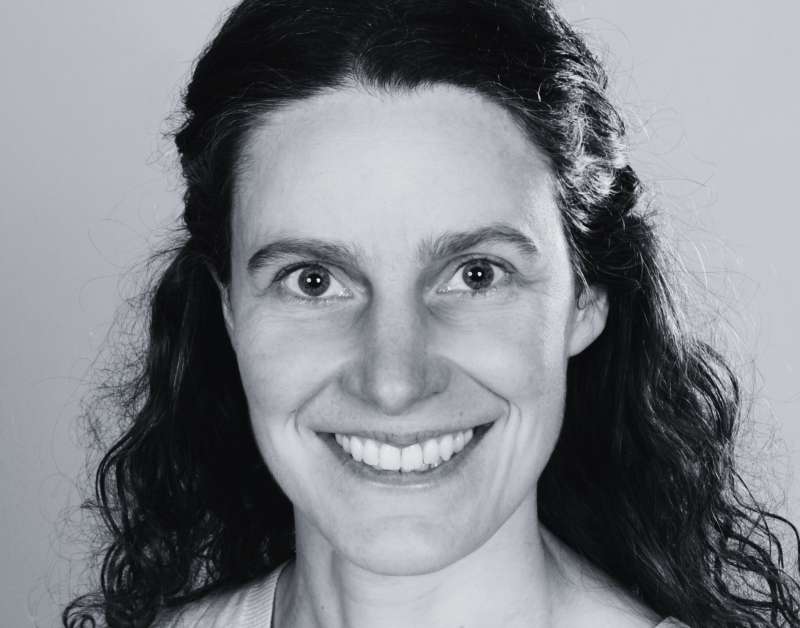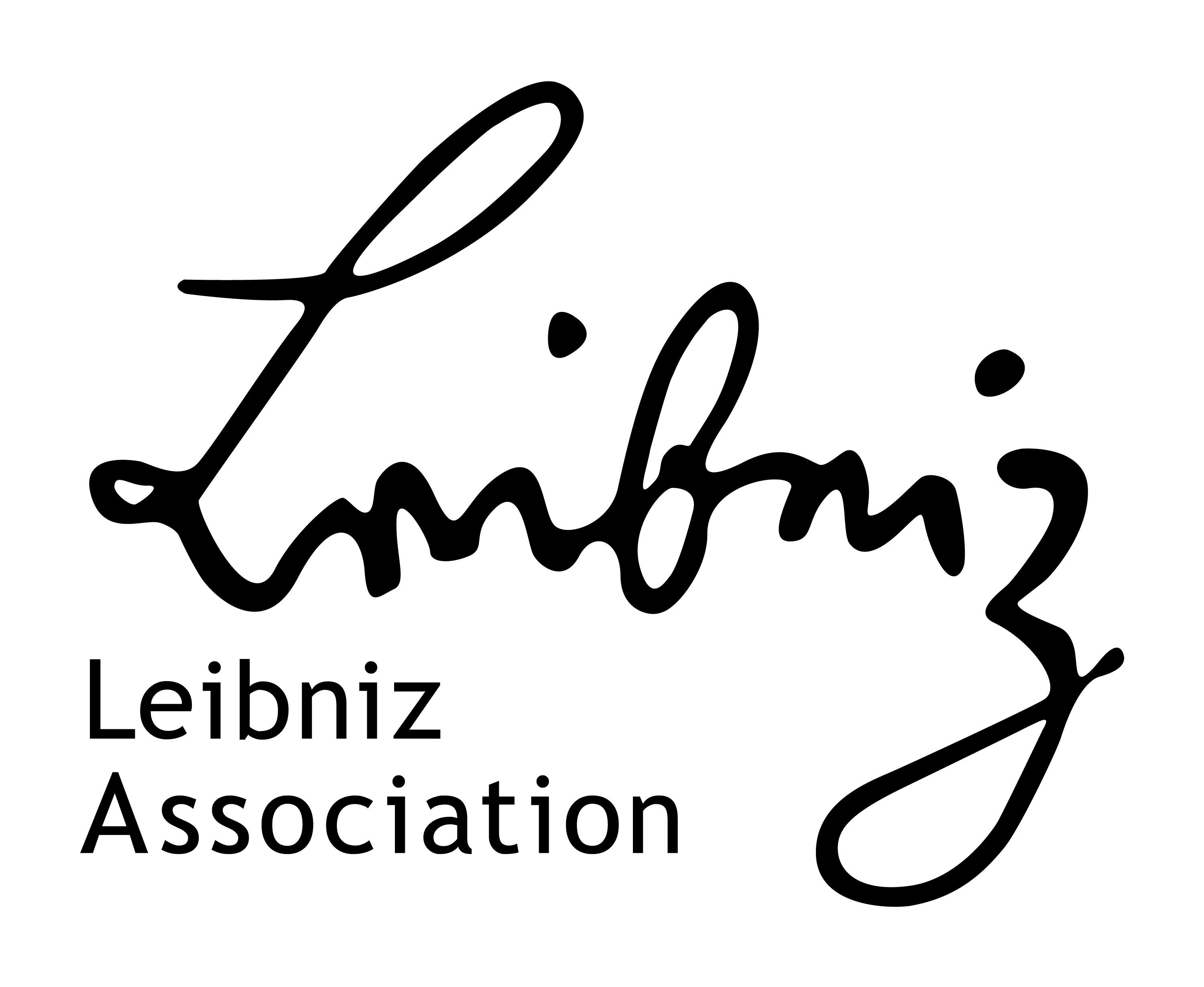
1985
Research Group Leader, Leibniz Institute for Resilience Research (LIR), Mainz, Germany
Juniorprofessor, University Medical Center of the Johannes Gutenberg-University Mainz, Germany
PhD in Computational Neurosciences/Theoretical Biology, Bernstein Center for Computational Biology and Humboldt-University Berlin, Germany
Diploma in Physics & Cognitive Sciences, École Normale Supérieure Paris, France
Master of Science in Theoretical Physics of Complex Systems, University Pierre-et-Marie-Curie Paris, France
Bachelor of Science in Physics, École Normale Supérieure Paris, France, France
Vordiplom (intermediate diploma) in Mathematics, Goethe University Frankfurt, Germany
Study of Physics at Goethe University Frankfurt, Germany
Dr. rer. nat., Institute for Theoretical Biology, Humboldt-University Berlin, Germany (supervisor: Prof. Dr. Susanne Schreiber)
PostDoc · Circadian Systems Biology · MSH Hamburg & Charité Berlin
PostDoc ·Computational Neurosciences · Humboldt-University Berlin
Member of the Institute for Quantitative and Computational Biology (IQCB) at Mainz University
First prize of the Portuguese Pneumology Society, funded by Thomé Villar/Boehringer Ingelheim Stiftung
Submission and defense of two patents
Lecturer for Math at Beuth Hochschule Berlin
Co-initiator of ScientistsForFuture
Invited specialist for neurosciences at „Civics Innovation Hub” of the Federal Agency for Civic Education
Workshop invitation; Dynamical Systems & Data Analysis in Neuroscience. Ohio State University, USA
Science Slam at SO36 in Berlin
Lecterer at deutsche SchülerAkademie, summer school for teenagers
Poster prize Berlin Neuroscience Forum
Michael-Loulakis award for special study achievements
Hesse J, Müller T, Relógio A (2023) An integrative mathematical model for timing treatment toxicity and Zeitgeber impact in colorectal cancer cells. NPJ Syst Biol Appl. 9(1):27. doi:10.1038/s41540-023-00287-4
>> Link to PubmedHesse J, Schleimer JH, Maier N, Schmitz D, Schreiber S (2022) Temperature elevations can induce switches to homoclinic action potentials that alter neural encoding and synchronization. Nat Commun. 13(1):3934. doi:10.1038/s41467-022-31195-6
>> Link to PubmedHesse J, Schleimer JH, Schreiber S (2017) Qualitative changes in phase-response curve and synchronization at the saddle-node-loop bifurcation. Phys Rev E. 95(5-1):052203. doi:10.1103/PhysRevE.95.052203
>> Link to PubmedHesse J, Schreiber S (2015) Externalization of neuronal somata as an evolutionary strategy for energy economization. Curr Biol. 25(8):R324–5. doi:10.1016/j.cub.2015.02.024
>> Link to PubmedHesse J, Gross T (2014) Self-organized criticality as a fundamental property of neural systems. Front Syst Neurosci. 8:166. doi:10.3389/fnsys.2014.00166
>> Link to Pubmed




